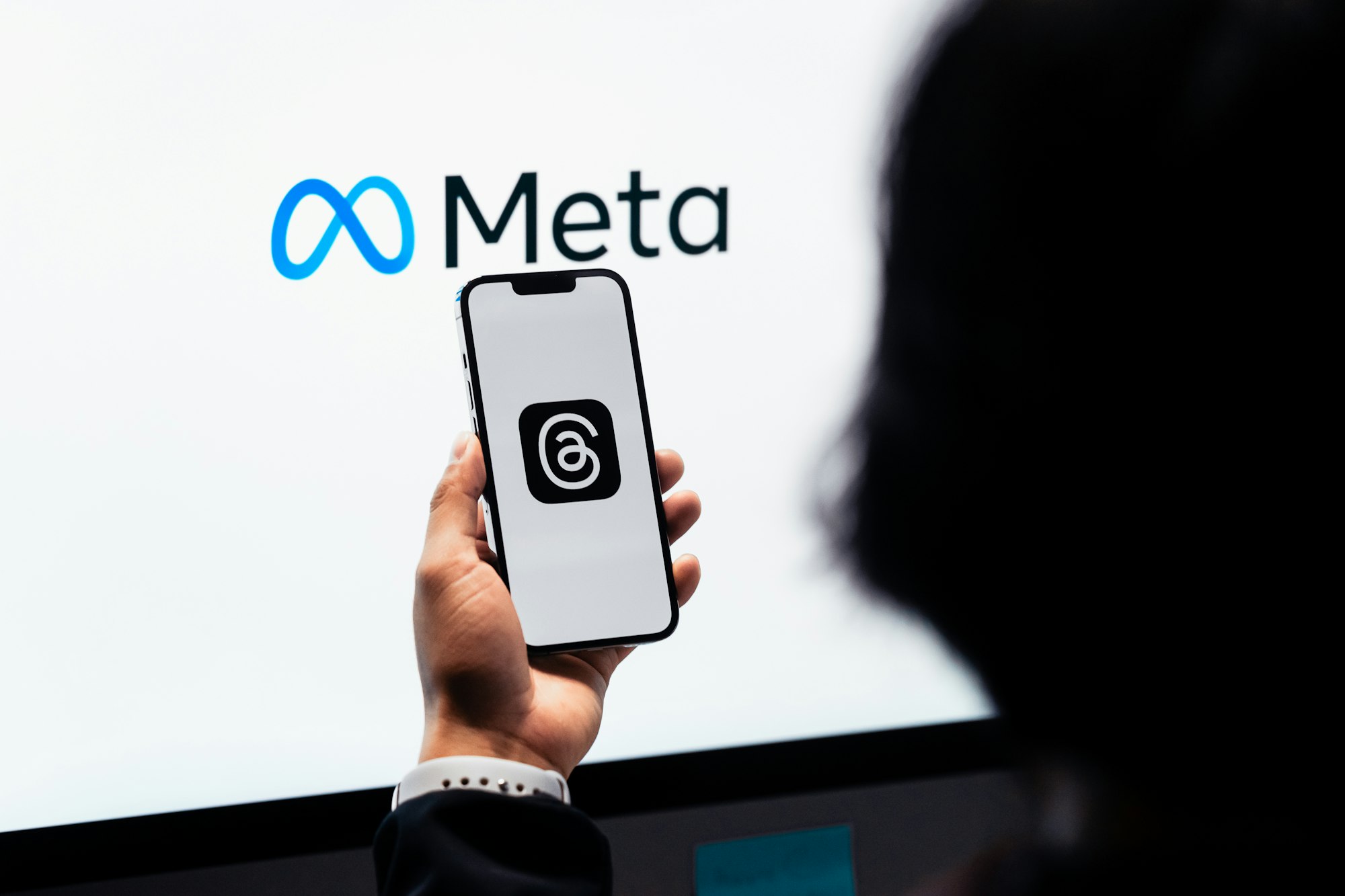FXOpen

Slippage as well as market execution (as opposed to instant execution) are the integral parts of trading in an ECN/STP environment.
Contrary to the dealing desk model, where a broker takes the opposite side of the client’s trades and the liquidity is therefore virtual, the liquidity pool on ECN (FXOpen ECN in this case) consists of combined liquidity provided by our liquidity providers and our clients, who also act as price makers. Consequently, the amount of liquidity available at each price is limited and it means we do not take the opposite side of your trade.
Trading hours/events
Liquidity during the news
During news events the liquidity usually drops significantly and the spreads widen. The reason for this is that a lot of banks and financial institutions who act as LPs withdraw from the market during this time in order to protect themselves against sharp market movements and potential losses.
It could also sometimes, especially during extreme market movements, lead to gaps in pricing. These gaps are usually visible on the charts.
We get often asked why we do not fill these gaps ourselves. On FXOpen ECN, the liquidity can only come from our LPs and our clients, we do not act as a price maker ourselves.
Liquidity around the rollover
During the first minutes after the rollover liquidity is normally thinner than usual. This is due to the fact that a lot of LPs do not provide any pricing for any or certain currency pairs for the first 5-10 minutes after the rollover. Therefore, the probability of getting slipped at this time is higher than during other trading times.
Regular trading environment
Please note that it is also possible to get slipped in the regular trading environment when there are no news and no sharp market movements. Slippage is an integral part of ECN trading environments where the liquidity is limited, especially for exotic currency pairs and less popular trading instruments.
Order types
Market orders
Marker orders are executed at the best price available on the market. Therefore, a market order can be executed at a set price (no slippage), at a worse price (negative slippage) or at a better price (positive slippage).
In order to prevent the execution of market orders at a significantly worse price , we at FXOpen have introduced the slippage control mechanism. It is built into our aggregation engine and it automatically cancels the order in case the maximum slippage threshold has been passed. The values of maximum slippage are determined by our risk team depending on market conditions and are set individually for each currency pair.
Our clients using the MT4 platform will see the comment “Cancelled by dealer”. Please note that this comment is generated automatically by MT4 and does not indicate any human involvement in the execution of the trade.
Limit orders
Limit orders can be executed at a set price (no slippage), at a better price (positive slippage) or not executed at all.
Once a limit order of our client is triggered, we route it to our LPs at a marked-up price. This allows us to eliminate negative slippage and ensure the possibility of positive slippage.
Stop loss & stop out
Once stop loss or stop out is triggered, it gets executed at the next best price available.
It often occurs that stop loss and especially stop out is triggered during periods of high volatility, during which the liquidity available drops and gaps in pricing can be present. All our orders are processed on a first in, first out basis. The order of the clients whose stop loss was triggered first is also first in line for execution.
If you have any questions re the execution of a particular order or if you see grounds for reimbursement, we kindly ask you to contact us within 24 hours. The rule of the thumb is that we are able to request the amendment of the trades (if there are grounds for this) with our LPs within 48 hours. So if we are contacted more than 24 hours after the trade has been opened/closed, we will not be able to do anything other than providing additional information.
Please keep this in mind.
This article represents the opinion of the Companies operating under the FXOpen brand only. It is not to be construed as an offer, solicitation, or recommendation with respect to products and services provided by the Companies operating under the FXOpen brand, nor is it to be considered financial advice.





